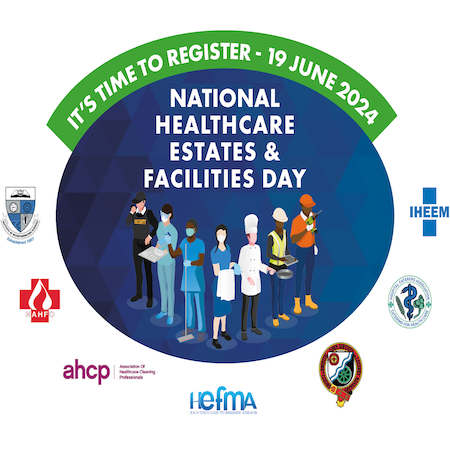“With more than 700,000 responses nationally, the survey is a goldmine of insight for organisations wishing to understand the experiences of their staff,” says Chris Graham, Chief Executive at Picker, the independent charity that coordinates the survey on behalf of NHS England (NHSE).
“Beneath the national level, it offers detailed evidence on the experiences of different staff and demographic groups within Trusts – and we encourage all providers to delve deep into the data to understand how different parts of their workforce experience working life.”
The 2023 NHS Staff Survey showed improvement in a number of important areas. For instance, the proportions of staff who would recommend their organisation as a place to work jumped 3.7% points to 61.1%, whilst 65% said they would be happy with the standard of care provided by their organisation if a friend or relative needed treatment – a 2% point improvement on 2022. However, results for both measures remain below pre-Covid levels. On the negative side, frontline staff have faced record levels of discrimination from the public, and pay satisfaction remains below 2019 levels for all staff groups.
Safe & Healthy
There were two new questions in the 2023 survey, around food and nutrition, and unwanted behaviour of a sexual nature.
When asked whether they could eat nutritious and affordable food while working (including food bought and food they may prepare themselves), 53.75% of staff said they could, ‘often’ or ‘always’, with one in six (13.02%) saying they can rarely do this, and 5.08% saying never. Drilling into the figures further, the proportion varies by Trust type, with six in ten staff in Community Trusts able to always or often eat nutritious and affordable food at work, but the proportion falling to 42.91% in Ambulance Trusts.
The survey asked staff how many times in the preceding 12 months they had been the target of unwanted behaviour of a sexual nature in the workplace, including offensive or inappropriate sexualised conversation and jokes, touching or assault. 8.67% of staff had experienced such behaviour from patients/service users, their relatives or other members of the public, and 3.84% had experienced this behaviour from colleagues. The figures reveal variation between occupation group, with a greater proportion of ambulance operational staff and nursing and healthcare assistants experiences such incidents.
Workload & Resources
Some of the most striking improvements in the survey were around workload and resources. After declines on most of these questions in 2021 and 2022, results are now equal to or higher than they were before the pandemic in 2019. For example, 46.7% of staff agrees they are able to meet all the conflicting demands on their time at work, that’s a 3.7% improvement from 2022, and 0.7% higher than in 2019. There was an even bigger improvement in the proportion who said that there are enough staff in their organisation for them to do their job properly - up 6.0% points from 26.4% in 2022 to 32.4% in 2023.
On the whole, the survey results are being welcomed by health leaders as positive, but with the caveat that there is clearly work still to be done. In some cases the starting point is very low, and although improvements have been made, the results still fall short of what may be desirable. It is also worrying that so many staff are experiencing discrimination and other unwanted and inappropriate behaviour from the public and colleagues.











